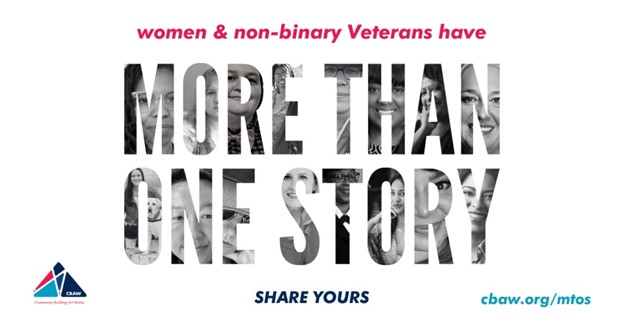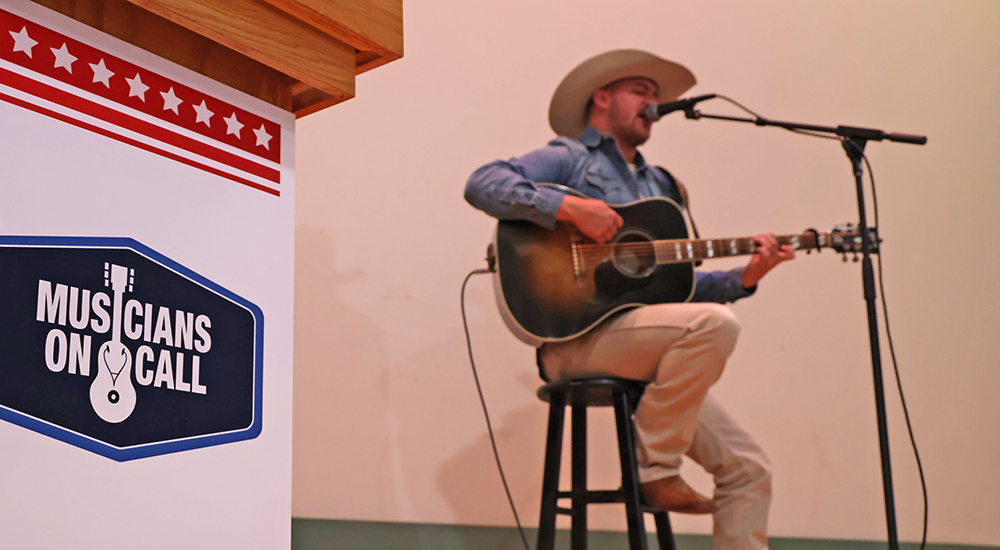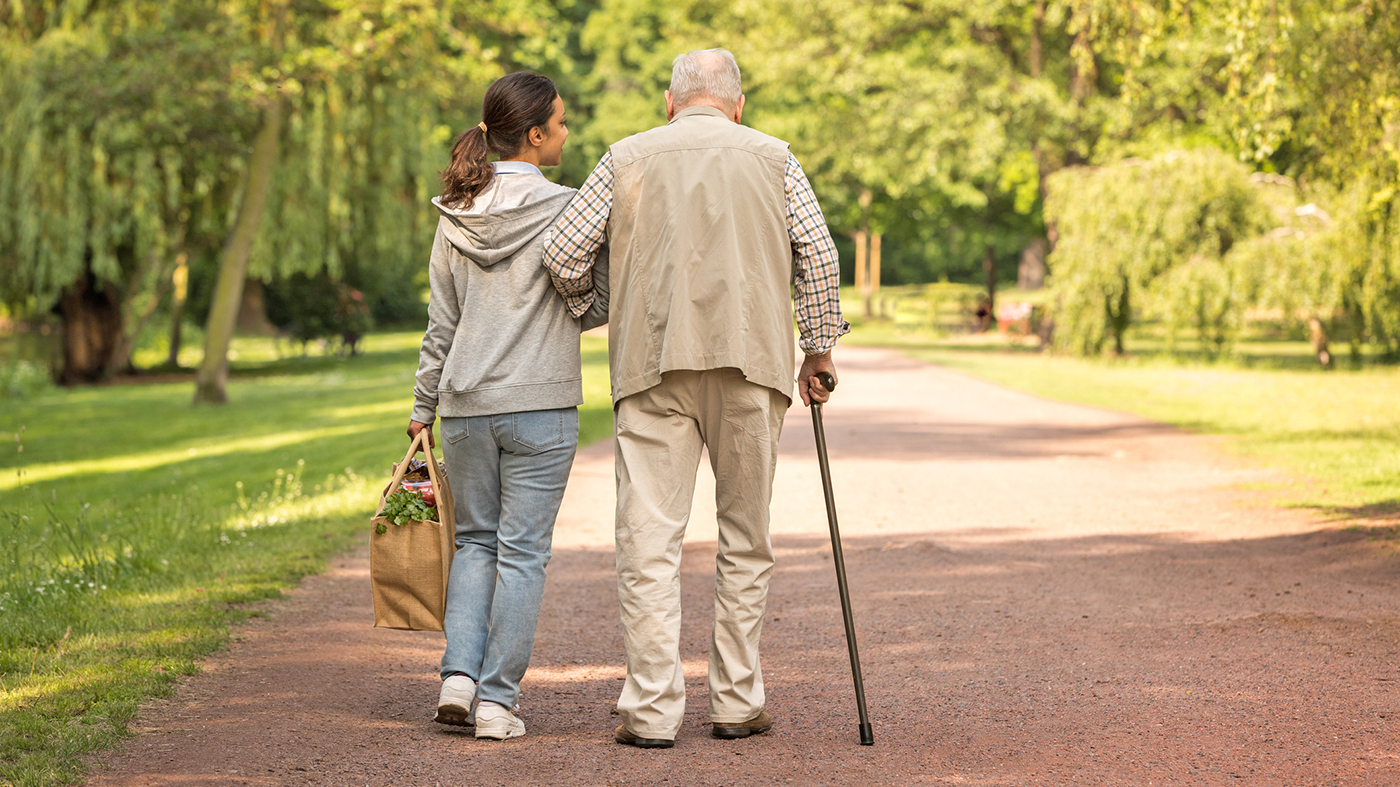America cannot understand its Post-9/11 wars in their entirety without hearing the voices of the women and non-binary Veterans who served. Maryland-based non-profit Community Building Art Works (CBAW) is making sure these Veterans are heard through their VA-funded program “More Than One Story.”
During the Iraq War from 2003 to 2011, 300,000 of the more than 1 million U.S. troops who served were women. Over 160 military women have been killed and more than 1,000 have been wounded while fighting America’s Post-9/11 wars.
As women have take more roles in combat jobs, so do their sacrifices, often manifesting in difficulties when they leave the service. According to a recent survey, 62% of women Veterans describe the transition as difficult.
Women are not the only Veterans who have made a growing contribution to America’s armed forces during the Post-9/11 wars. Non-binary Americans are nearly twice as likely to serve in the armed forces as the general population, according to a recent study by Oxford Academic.
Anne Barlieb, a retired Army Major who deployed twice to Iraq, first as a helicopter pilot and a second time as a psychological operations officer, knows first-hand the challenges that come with being a woman and a Veteran.
“As a woman Veteran, I’ve faced an overwhelming and all-consuming sense of grief that feels complex, complicated and controversial,” Barlieb said. “Military service demands a great deal of self-denial, deprivation and distortion that I’ve found necessary to recognize and impossible to come to terms with in isolation.”
Alleria Stanley, who retired from the Army after 20 years of service as a radiology technician, participated in the pilot program of “More Than One Story” in 2022. She credits the program with building a sisterhood that improves the quality of life for all involved.
“This program provides a safe, welcoming and inclusive environment for us to come together and share our stories,” Stanley said. “What [Community Building Art Works] does is beyond remarkable. Seema and her teams save lives.”
Community Building Art Works helps Veterans like Barlieb and Stanley overcome these complicated feelings by addressing isolation. Founded in 2010 as part of an arts program at Walter Reed Army Medical Center, CBAW uses workshops led by professional artists to create spaces where Veterans can share their stories of service and connect with others through the creative arts.
“When you’ve experienced things that are out of the ‘norm,’ it’s easy to feel totally isolated,” explained Seema Reza, founder and CEO of Community Building Art Works. “Our programs give people the tools and space to talk about these things, first with people who feel the same way and then to people in their communities who are very different from them.
Most recently, VA awarded CBAW a grant from the prestigious SSG Parker Fox Suicide Prevention Grant Program to host a monthly online writing and creative arts workshop. “More Than One Story” is the only program of its kind funded by VA and specifically tailored to help women and non-binary people. Citing issues such as loneliness, social isolation, loss of identity and purpose, and the inability to relate to civilians, those who have participated in similar programs hosted by CBAW say this program is life changing.
Navy Veteran Martha Pedersen credits CBAW programming with helping her feel less alone. Pedersen says the best part of participating in “More Than One Story” so far has been “meeting other women Veterans and learning that parts of their stories are part of mine.”
“I’ve written about things I hadn’t [talked about] before, and I feel more comfortable with the idea of writing more about my service—particularly the isolation and loneliness that I didn’t identify until I got out,” Pederson said.
CBAW’s innovative methodology and programs have been tested and refined over 12 years. They have demonstrated to be an effective creative arts program for those struggling with PTSD symptoms including substance misuse and suicidal behaviors.
“Bringing people together and facilitating connection through creative expression and storytelling improves mood and sense of belonging,” Reza said. “People connect virtually in these programs and then become real-life support systems.
A major part of CBAW’s approach is selecting artists who reflect the community of Veterans they serve. Valerie Acosta, a professional artist who oversees “More Than One Story” as a CBAW program coordinator, is a Veteran. She retired from the Air Force after a 20-year career as a Russian linguist.
Acosta said making herself vulnerable with other Veterans has been a big part of her own healing journey. “Helping people helps me,” she said. “If I share [my story] in the right setting, I can help a lot of people.”
Enrollment for More Than One Story session opens
Women, non-binary Veterans and service members interested in participating in this free, virtual community workshop series can find out more about “More Than One Story” here. To participate, attendance at one virtual orientation is required. Orientation sessions will be offered at 12 p.m. and 6 p.m. EST on the second Tuesday of each month through September, unless otherwise specified. To register for an orientation session, visit our Eventbrite page.
About Community Building Art Works
Community Building Art Works connects Veterans, health care providers and civilians through workshops led by professional artists who reflect the diversity of the population we serve. We believe that building community around the arts is vital to public health. Last year, CBAW served close to 7,000 Veterans, active-duty military, military family members, caregivers, health care workers and civilians with life-giving, community arts programming. We’re on a mission in 2023 to provide 10,000 people from the communities we serve a place where they belong through the power of expressive arts.
Topics in this story
More Stories
Musicians On Call is hosting “Concert For Veterans,” a special virtual concert that bridges the gap between hospital walls and our nation's recognition of Veterans.
The American Red Cross Military and Veteran Caregiver Network provides caregivers with a variety of resources and support.
Hiring Our Heroes is saying thank you to America’s military by giving away a new Toyota to one lucky, active-duty service member, Veteran or military spouse.







Regardless of sexual orientation, excluding males because they are males is the definition of discrimination.
I think it is a great program, but let’s just make it for Veterans.
So true. This Should not happen. A person is a person that’s all. Give it the health care and psychological care it needs.
Why do you provide this program for women and non-binary persons (presumably consisting of both biological sexes) but exclude heterosexual males? I detect hints of political agendas in the goals of your program and the way it is expressed. Am I wrong?
So tired of the whole non-binary bs there is no such thing you are either a man or a woman period ! That being said good for the VA for helping